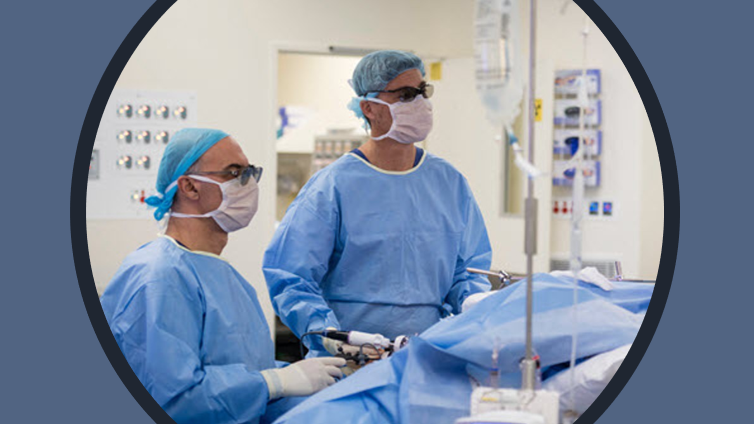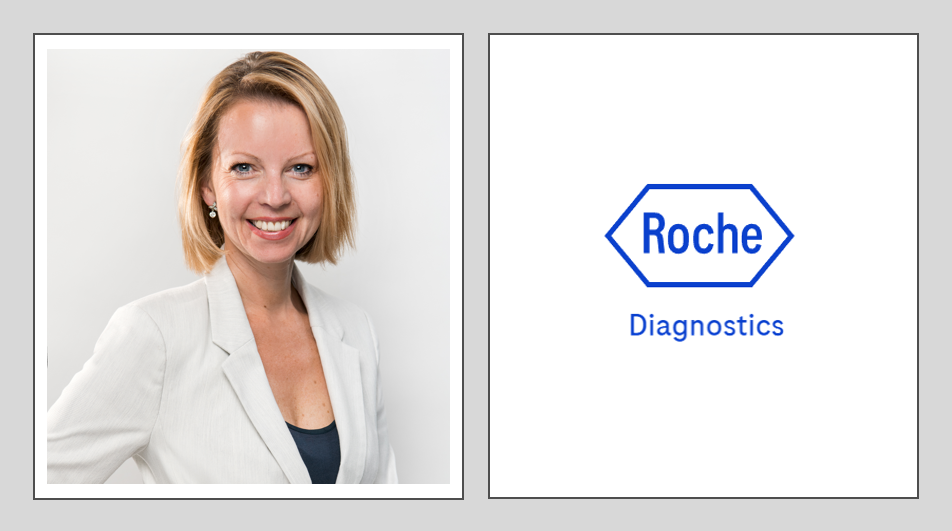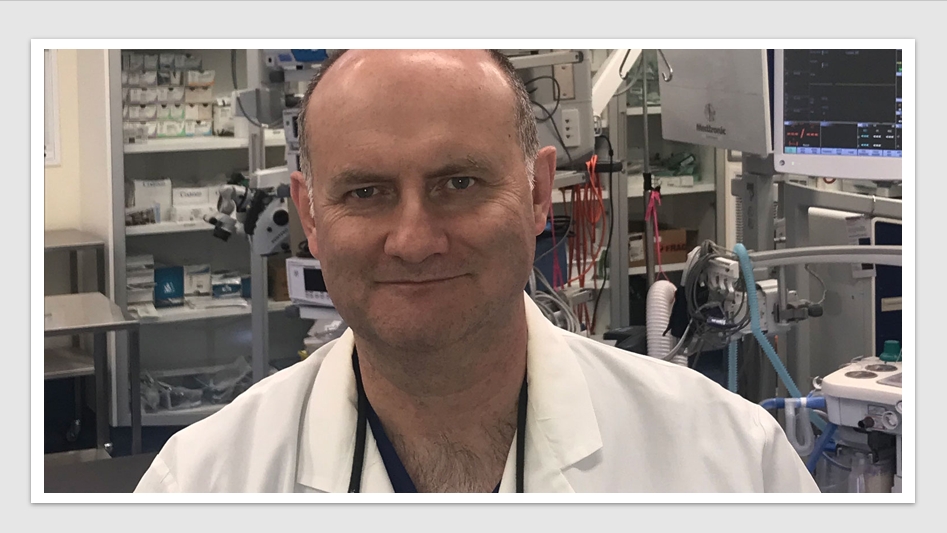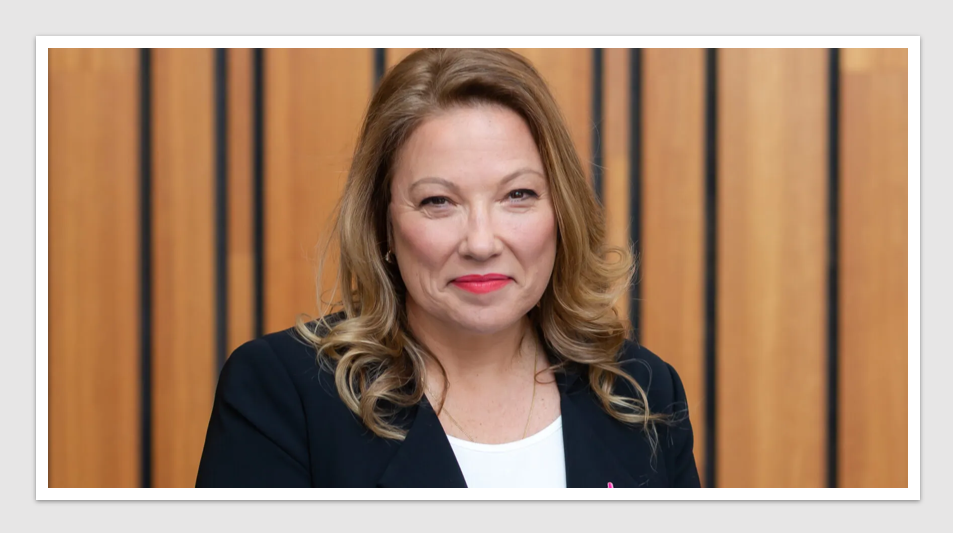News & Trends - MedTech & Diagnostics
Westmead Private first in the state to implant neurosurgery medical device

MedTech News: A medical device which is used to manage difficult-to-treat epilepsy is now available for the first time in a New South Wales private hospital.
Westmead Private Hospital has installed LivaNova’s most recent SenTiva Vagal Nerve Stimulator (VNS) in Australia, giving private patients access to treatment which was previously only available at one public hospital.
The VNS is a device which is attached to a nerve in the neck and provides a current which may reduce the number of seizures a person experiences over time as well as improve the person’s overall quality of life.
The device was implanted by Westmead Private Hospital neurosurgeon, Professor Mark Dexter, who is also Director of the Epilepsy Surgery Program at Westmead Health Precinct.
Dr Michael Fong from Neurology New South Wales said giving patients access to neurostimulation at Westmead Private Hospital was a great milestone.
“More than one-third of patients with epilepsy can’t control their condition with anti-seizure medications. For some of them, surgery may be an option but for many this is too risky or not possible for their epilepsy type,” Dr Fong said.
You may also like Zimmer to spin off spine and dental business
“Neurostimulation can help reduce the abnormal electrical activity of the brain, which results in seizures, and the most established way of performing neurostimulation is a Vagal Nerve Stimulator.”
“Not only has Westmead Private placed the first privately inserted VNS devices in New South Wales, it is also the first in Australia to utilise the most up-to-date technology in SenTiva. This new device is only about the size of a 50 cent coin and is significantly smaller than previous models,” he said.
Westmead Private Hospital’s SenTiva VNS also provides great benefit to regional patients looking to be fitted with the device, because they need fewer return visits to hospital for examination.
Unlike previous models which required fortnightly to monthly check-ups with the patient, the SenTiva VNS allows the neurologist to determine up to three months therapy before they need to see the patient again.
The SenTiva device also allows a different amount of therapy to be scheduled between night and day which can be invaluable in patients whose seizures occur predominantly at the same time.
News & Trends - MedTech & Diagnostics

Roche Diagnostics MD bids farewell after two-decades, leading the organisation to new heights of success
Diagnostics & MedTech News: The Managing Director of Roche Diagnostics Australia, Allison Rossiter, has announced her resignation, effective September 2024. […]
MoreNews & Trends - Pharmaceuticals

Is Australia ready to play a leading role in precision nuclear medicines?
Pharma News: A newly released discussion paper unveils Australia’s preparedness to take the helm in the rise of the global […]
MoreNews & Trends - MedTech & Diagnostics

Minimally invasive procedure a first in epilepsy treatment
MedTech & Diagnostics News: An Australian-first procedure utilising MRI-guided, minimally invasive surgery has been introduced for the treatment of epilepsy […]
MoreNews & Trends - Pharmaceuticals

Stakeholders unite in international call to tackle breast cancer gaps and inequities
Pharma News: Breast Cancer Network Australia (BCNA) has united in an international call to raise breast cancer care standards and […]
More